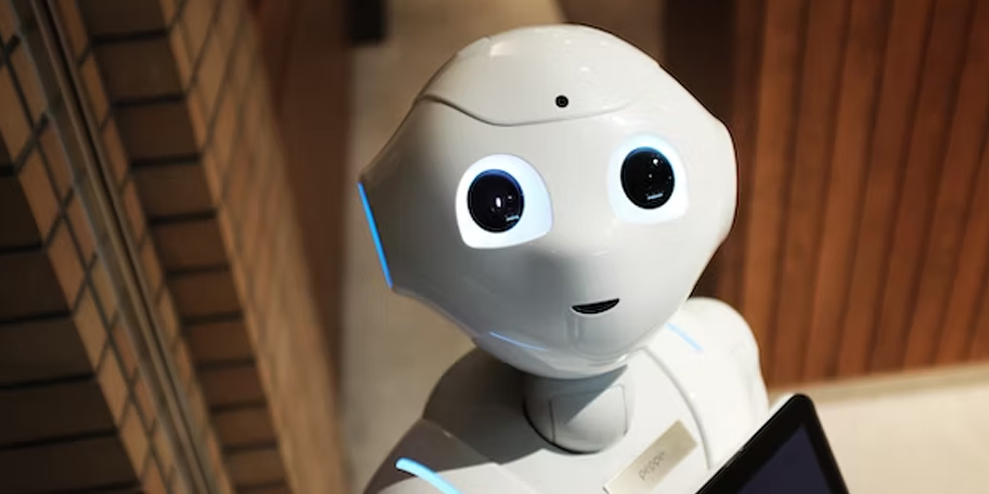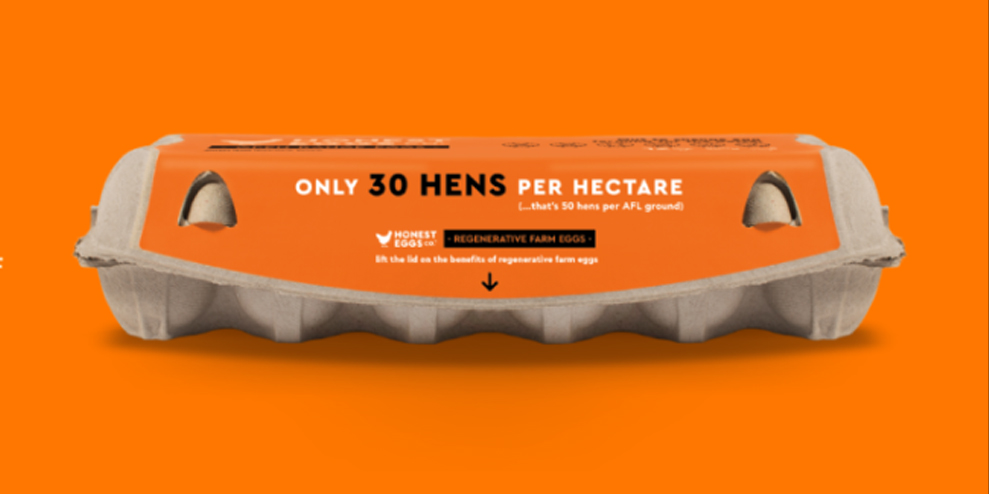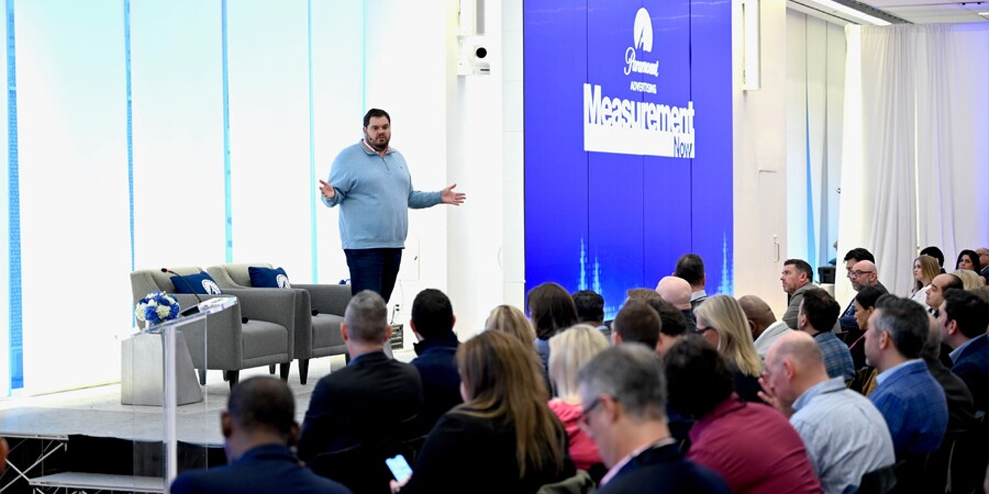AI art: everyone, it seems, has an opinion on it. But what do the people whose jobs are affected by it really think? Time for an impromptu support group.
Not all that long ago, we were debating whether AI art could be any good. Some sticklers are still holding out, but it’s getting hard to deny that AI-generated images, gifs, and even videos can be impressive – and increasingly hard to differentiate from the ‘real’ thing.
From here, presumably, the sky’s the limit. Verisimilitude we’ve hardly dared to dream of; pace no human could ever achieve; outputs completely unclockable in their artificiality. The only thing as limitless as these possibilities is the list of concerns about the future they will help create. Deepfake nightmares; copyright hellholes; the displacement of human artists by unfeeling robotic facsimiles.
Speaking of those human artists, how high are their levels of concern (and optimism, anger, and fear)? We gathered creative directors from The Drum Network to share their feelings.
I’m Joe Hodgkiss, creative director at Nucco, and AI art makes me feel nothing: “… And I mean ‘nothing’ in the strongest possible terms. I’ve never felt emotionally moved by a piece of AI art.
“Perhaps ‘art’ is the wrong way to classify it. By nature, the ‘artwork’ is a simulation of human thought. While admittedly very powerful, it’s a version without the humanity that makes it authentic.
“That’s why I find much of the generated imagery easily recognizable and strangely lifeless. It’s the product of a machine into which you enter instructions until a pretty picture pops out. It’s hard to attach emotion to that.
“That said, I’ve used the tools for preparing some presentations. So far, that content has become instantly throwaway and forgotten about when the ‘real’ work begins.”
I’m Henry Daubrez, chief executive officer at Dogstudio/Dept, and AI art makes me feel hopeful: “Among the thousands of grossly misinformed critics about the advent of AI-assisted art, I can’t help but notice how fast we are to discard new creative frontiers because they’re offering us yet another Shroedinger’s box.
“Doesn’t it really come down to what we have to say? Great artists embracing AI tools are still great artists. Lousy ones won’t improve much because beyond the low-hanging fruit of technical perfection and aesthetics. There’s a need for a strong point of view, a story, and conscious curation through myriad soulless results.
“AI art opens a world of possibilities. Millions of people now suddenly get a chance to have something interesting to say. Will they take it?”
I’m Steve Pannett, head of creative at Hallam, and AI art makes me feel like Dr Ian Malcolm in Jurassic Park: “It’s consumer-grade, weaponized churn borne out of regurgitation, cross-pollination and arguably outright theft. Besides the parasitic methods by which AI ‘art’ became a thing, it misses the fundamental point of art being a form of expression, not an output. We lost this fight when we first started referring to art as ‘content’.
“Anything that teaches you to cut corners in the name of efficiency is not art. Anything that prioritizes speed and replication over care and consideration is not art. Anything that rides roughshod over years of trial-and-error and centuries of collective experimentation is not art.
“As Jeff Goldblum’s Dr Ian Malcom said, we were so preoccupied with whether we could, we never asked ourselves whether we should.”
I’m Bob Sanderson, design director at Jaywing, and AI art makes me feel a sense of possibility: “We’ve been using AI tools in our design studio for some time. The possibilities they generated were met with genuine excitement by some, and apprehension by others. The sense of optimism, collaboration and excitement has grown, although the true power still lies within the individual.
“In creative, how do we use AI software in a more ownable way? Our prompts already make for a unique outcome. How we take this new information/imagery/copy and incorporate it into our ways of working will determine if the software was needed (and successful).”
I’m Stew Deane, design director at Radley Yeldar, and AI art makes me feel like big ideas will be more important than ever: “Cool ideas hooked me on the creative industry: Nike’s squeaky shoes; Castlemaine XXXX’s two sherries; any Guinness ad (pre-Instagram). ‘Someone got paid to come up with this?’.
“Now, anyone can make art. That’s great; creativity is a key part of humanity. A few prompts, and something arty appears. But are big ideas being lost, beyond ‘that was done with AI, pretty cool’? Remember sitting at the cinema watching poor 3D films? Then we realized that they were a bit sh*t (Piranha 3DD?) so we stopped.
“Creative is built on emotion, by creatives trusting their instincts. AI will keep evolving, but without an idea that resonates with people, it will remain soulless. Sure, anyone can make art now. But they always could – and it probably evoked more emotion.”
I’m Dionysis Livanis, creative director at Definition Group, and AI art makes me feel bored: “Most generative AI enthusiasts are non-creatives who think they found a way to produce content quickly and cheaply. I have two main issues with that: #1: They think of content instead of strategic creative ideas. #2: They prioritize speed over effectiveness and originality.
“If producing generic images fast and cheaply is what you’re after, then genAI is your thing. But if you’re looking to evolve a brand language or create effective visual campaigns, genAI is just another tool that, at the moment, is quite ineffective. Still, looking at the progress being made during the last year, AI will soon be a valuable tool – not by replacing designers but by adding to their toolkits.”
I’m Dan Roberts, creative director at The Romans, and AI art makes me feel like a modern-day alchemist: “Here we are, mixing technology with creativity to conjure something extraordinary. It’s not about perfection first time; it’s about collaborating with a digital muse that learns and grows with you.
“There was a time when folks thought the printing press was evil, fearing it would undermine human knowledge. Fast forward and it’s the cornerstone of our information age. AI art is no different. It’s a creative partner, a digital co-conspirator unlocking uncharted territories of imagination. AI doesn’t replace the artist; it’s the ultimate wingman. It hands you the palette; you’re the maestro.
“They once called trains ‘mechanical monsters’. We’ve always feared the new. Embrace AI art, and you’ll see it’s a brush dipped in the colors of endless possibility.”
I’m Landon Barton, creative director at Signal Theory and AI art makes me cautious: “There’s a lot to be gained by this technology, but artists are going to be exploited. AI can be great fun, like Arnold Schwarzenegger ‘singing’ Whitney Houston.
“It’s at its best when it’s helping me brainstorm ideas that I then craft myself. I also love the accessibility play with translating voices into multiple languages (providing you have the artists’ consent). But, when you’re generating ‘art’ from only a prompt and calling it done, it’s lazy, uninspired and frankly unethical, considering where AI is sourcing its references.
“Is it doom for artists? No. The technology is here to stay, but we need to incorporate it ethically. Great power comes with great responsibility. We need to avoid exploiting artists and instead make our jobs more accessible: speed up ideation without replacing artistry.”
I’m Richard Trigg, design partner at Tangent, and AI art makes me feel optimistic: “The world is never going to stand still (it would be boring if it did). I view AI as a new medium for us to leverage the power of larger data sets to design better experiences and express ourselves creatively. Yes, in its current incarnation, it’s largely recreating what’s gone before, but it’s early days. It’s a tool that will move art and design forward, similar to other historic revolutions powered by technology.”
I’m Liam Edwards, senior designer at AgencyUK, and AI art fills me with a sense of anticipation: “Designers’ toolkits are already brimming with creative possibilities, and AI is an exciting new addition.
“AI isn’t a source of anxiety; it’s a liberator. In creative industries, time is often our biggest enemy. AI can help to reclaim those precious hours that would otherwise be lost to mundane, time-consuming tasks. This gift of time allows us to channel our energy into the imaginative thinking required to harness the full potential of this technology.
“It can also serve as a facilitator of fresh perspectives for tackling complex challenges, magnifying designers’ capacity to craft remarkable work within today’s fast-paced digital landscape.”
I’m Ross McAlpine, design director at MG Empower, and AI art makes me feel hopeful: “AI cannot replace creativity. It’s a powerful tool, but you need the correct skills to use it. Creative studios will soon include prompters and AI linguists.
“What started out as an experiment has quickly become an integrated part of our creative workflow. AI can help to bring a vision to life in a matter of seconds, accelerating decision-making. We still need skilled designers to edit the final artwork, but we can now turnaround complex models rapidly, and cross-field creatives can explore new outputs. We’re only at the start of the journey.
“AI won’t replace you, but the person who knows how to use it just might.”
—
This article first appeared on www.thedrum.com
Seeking to build and grow your brand using the force of consumer insight, strategic foresight, creative disruption and technology prowess? Talk to us at +971 50 6254340 or engage@groupisd.com or visit www.groupisd.com/story



